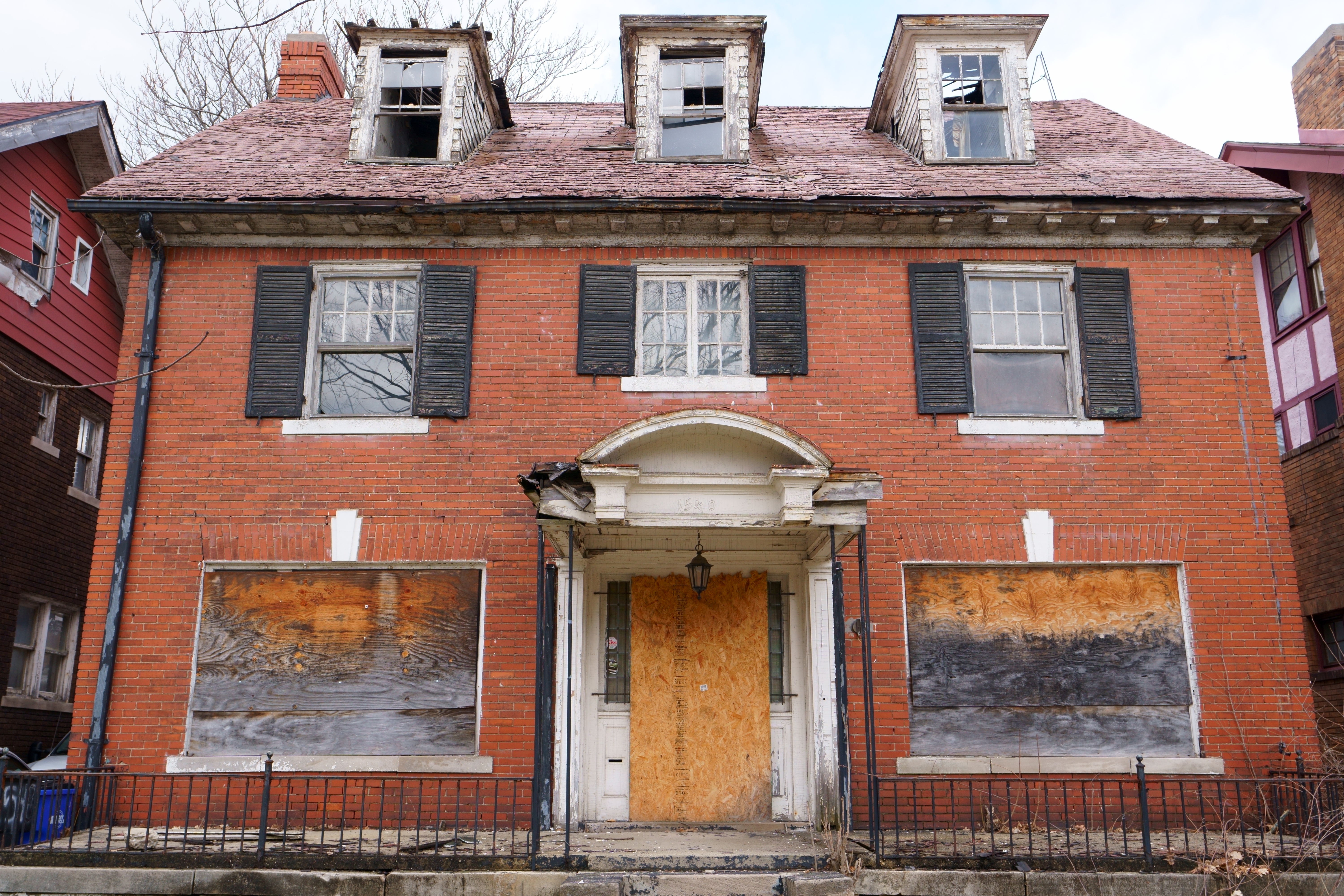Kerby Anderson
Sometimes the verse in Jeremiah 29:11 has been misapplied since it originally was directed at the Jews in the Old Testament. It says, “For I know the plans I have for you, declares the Lord, plans to prosper you and not to harm you, plans to give you hope and a future.” A number of years ago, Chuck Bentley with Crown Financial Ministries illustrated that if we look at the previous verses, we find a blueprint of “Four Steps to End Poverty.”
Step one can be found in verse 5, that admonishes the Jews to “build a house and settle down” and to “plant a garden and eat from your own garden.” Chuck says this teaches that we are to take responsibility for our own welfare.
Step two in verse 6 says they were to “marry and have sons and daughters” and that they were to “increase not decrease.” We should have a growing family. What a contrast this is to the falling birthrates in the richest nations of the world.
Step three is found in verse 7, that says, “Seek the peace and prosperity of the city.” Prosperity is dependent upon the peace in our local community. Chuck says that “We are to build enterprises that will assist others in the achievement of their goals and objectives.”
Step four talks about the danger of false views and false theology. It can be found in verses 8 and 9 that warn, “Do not let the prophets and diviners among you deceive you.” The problem with some attempts to alleviate poverty is that they fail to acknowledge the spiritual condition of the people. What we believe about God impacts our view of marriage, finance, children, education, government, and religion.
Reducing and even ending poverty in our communities and the world will only be successful if we follow God’s plan. Chuck Bentley provides a clear outline from God’s Word of what we can do to end poverty.
 Listen Online
Listen Online Watch Online
Watch Online Find a Station in Your Area
Find a Station in Your Area










 Listen Now
Listen Now Watch Online
Watch Online
